How to make perfect roast potatoes
Serves as many as you like
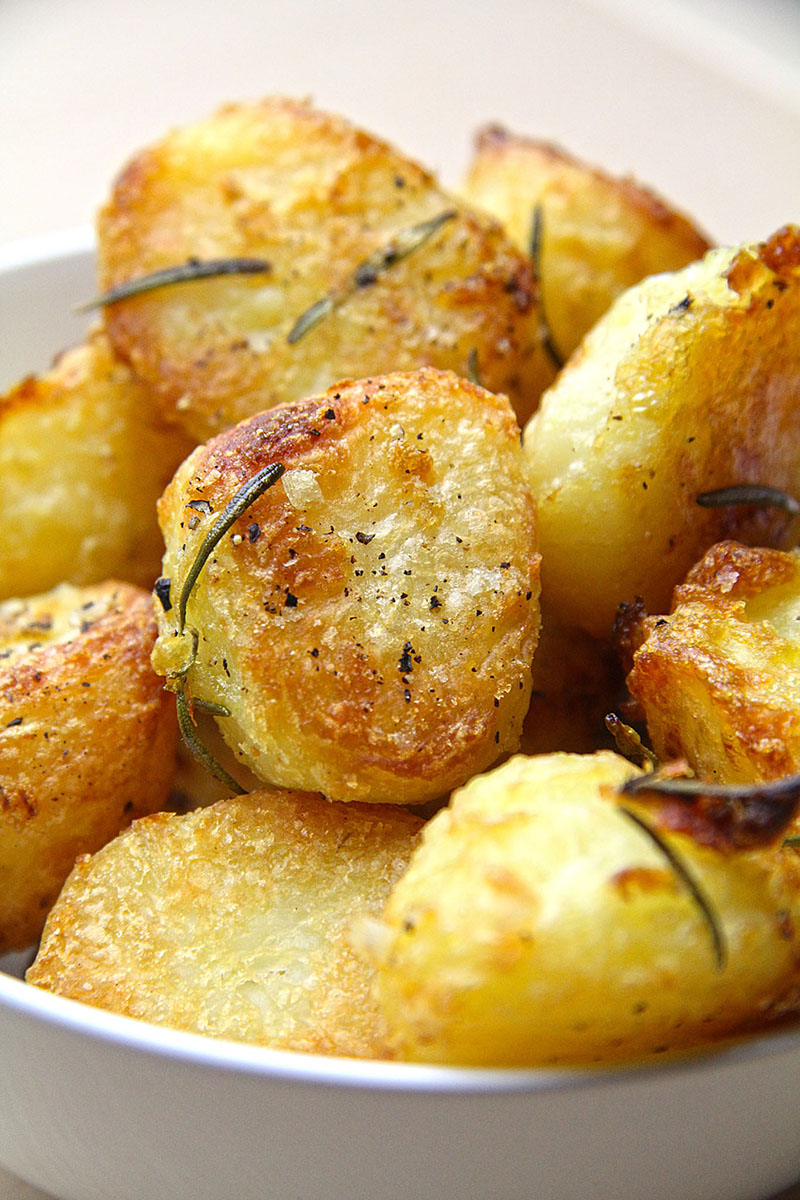
You can never make too many either as we don’t know anyone who doesn’t love a roast potato, so they’re bound to want second helpings!
For the best results you will need floury potatoes such as Maris Piper, King Edward or Desiree.
Ingredients
- Suitable potatoes such as Maris Piper, King Edward or Desiree
- Cooking fat/oil of your choice: goose fat duck fat, pork lard, beef dripping, olive oil or British extra virgin cold pressed rapeseed oil
- sea salt flakes
- fresh rosemary or thyme sprigs
Method
Peel your potatoes, removing any eyes or blemishes and cut the potatoes into halves. Put into a pan of cold water and bring to the boil.
Add about half a teaspoon of salt. Don’t skip this part as the salt allows the potato’s cells to crumble which will give a crunchier texture.
Parboil the potatoes for 7 minutes if the chunks are large or 5 minutes if they are small. Drain into a colander and leave to allow the steam to evaporate off and dry out.
Give your potatoes a good shake in the colander to break up their surfaces, but be careful that you don’t smash them completely to bits. The fluffy surface you have created will crisp up when roasted.
There are various approaches to the next stage – adding the fat.
You can choose from a variety of fats and oils – it’s up to you. Some people swear by goose or duck fat, pork lard or even beef dripping for that traditional old fashioned flavour but you could you use olive oil or British extra virgin cold pressed rapeseed oil.
Many cooks heat the fat in the tray before adding the potatoes, but we’ve found that by coating the potatoes in the cold oil first then tipping them into a very hot tray produces a good thick crunchy crust.
You’ll need to get your oven good and hot, 220C / Gas 7, to heat the tray. Once you place the tray of potatoes into the oven turn down the heat to 190C / Gas 5. This works best as some fats are prone to spoiling at very high heats. Put your potatoes on the top shelf and roast for about an hour. Sprinkle them with a little flaked sea salt, and if you like, add some sprigs of rosemary or thyme. Turn the potatoes twice throughout their cooking time. You should get nice evenly roasted potatoes with a golden colour and thick crust.
Once cooked remove the potatoes using a slotted spoon or tongs and keep warm in a serving dish. Don’t leave the potatoes sitting in the cooking fat. They should stay crisp for at least 20 minutes, but the sooner you get them on the plate the better.

Notes on ingredients
British cold pressed rapeseed oil can be bought from Womersley Foods. If you’re looking for something a little different try a smoked cold pressed rapeseed oil from The Artisan Smokehouse.
Foods in Season
See which foods are in season and at their best using our guide >>>
Try these recipes…
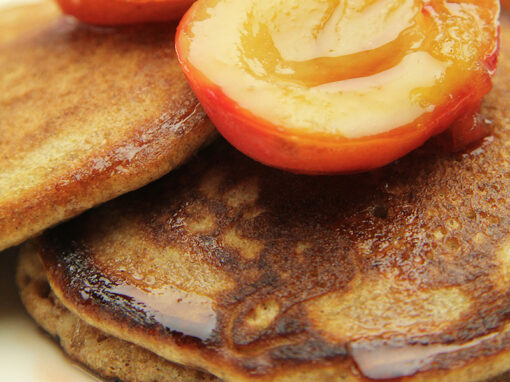
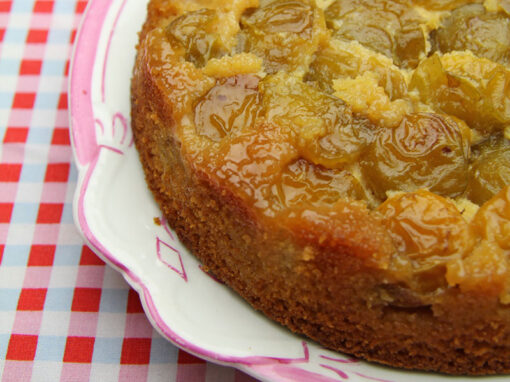
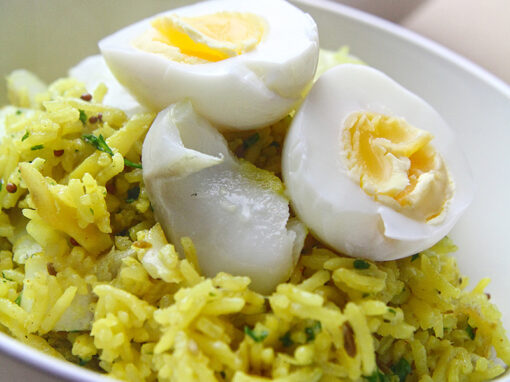
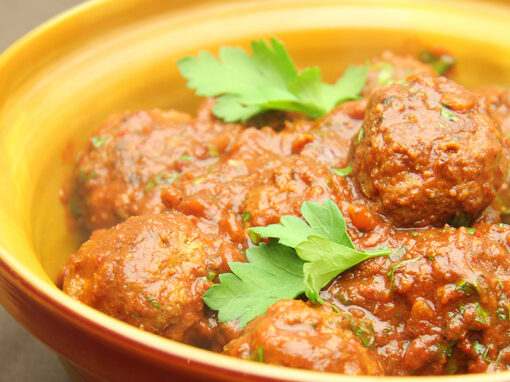
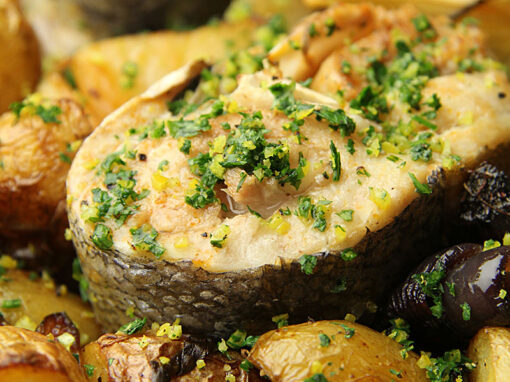
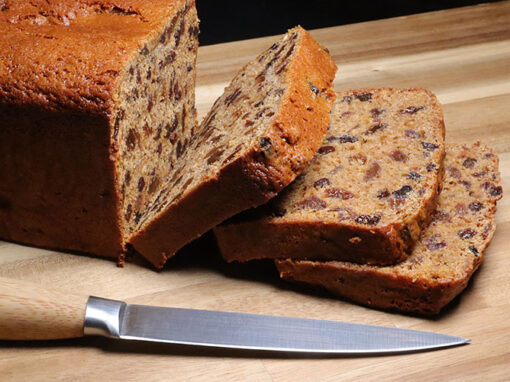
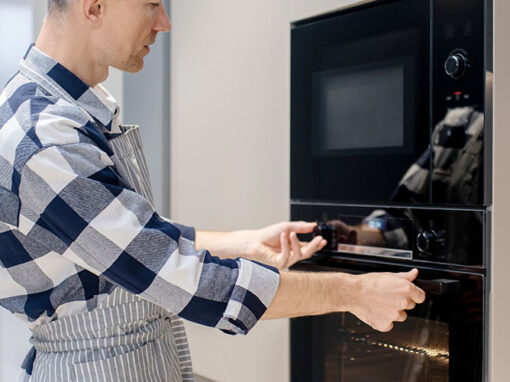

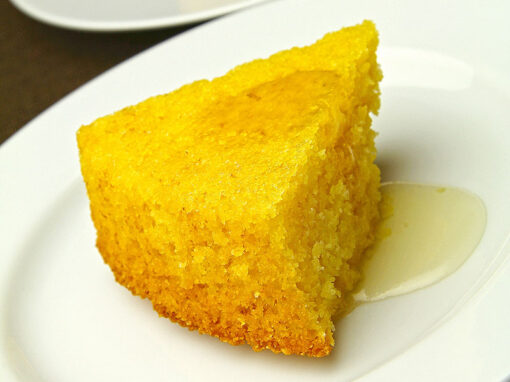
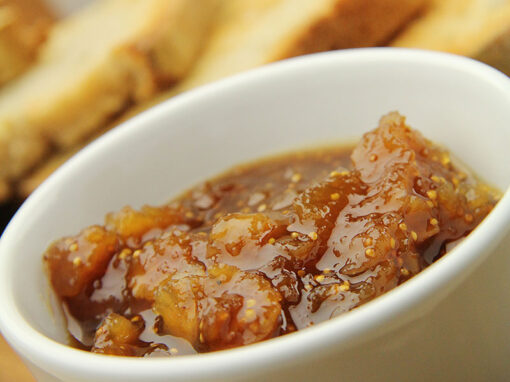
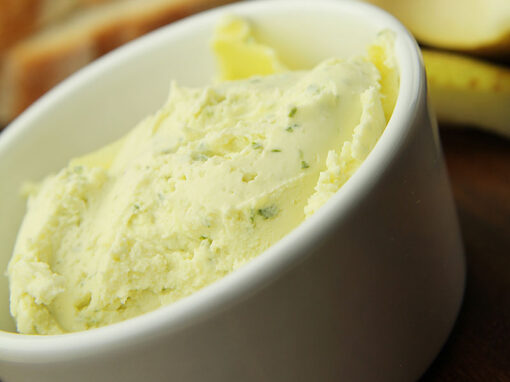

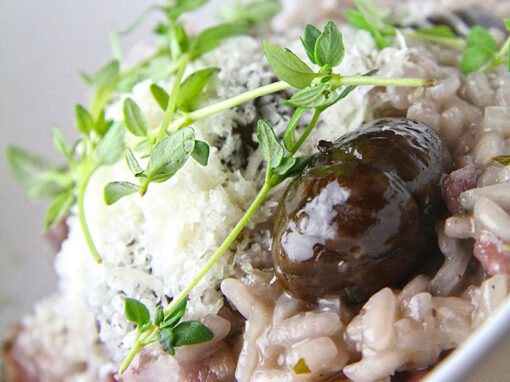
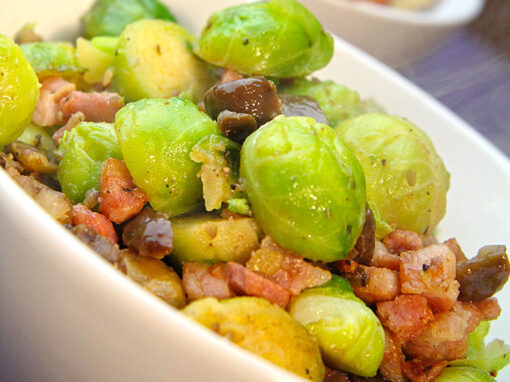
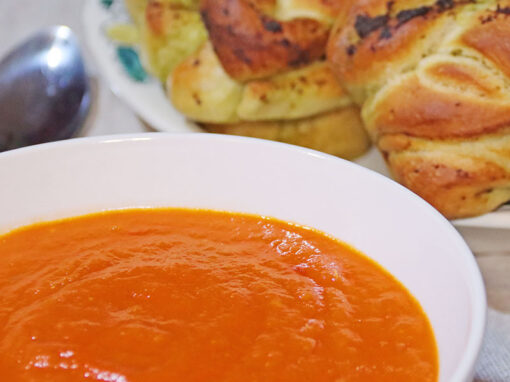
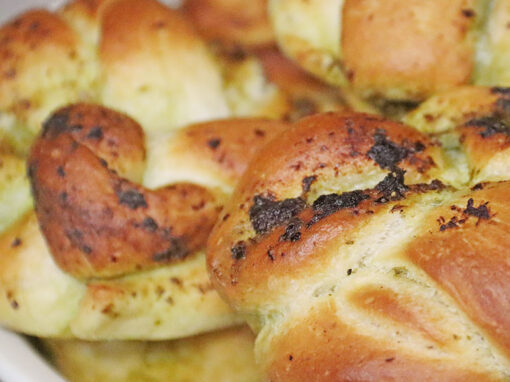
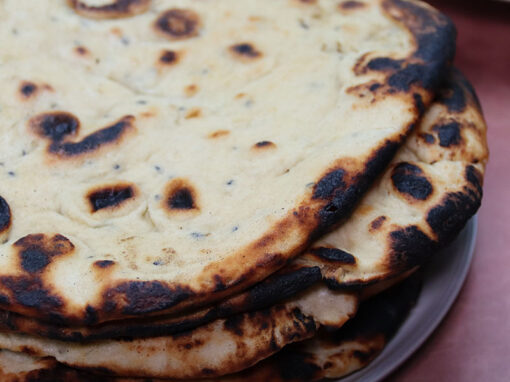
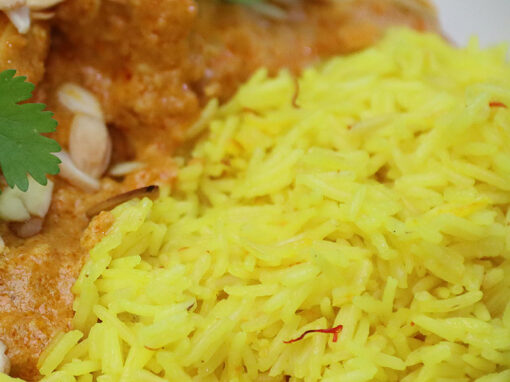
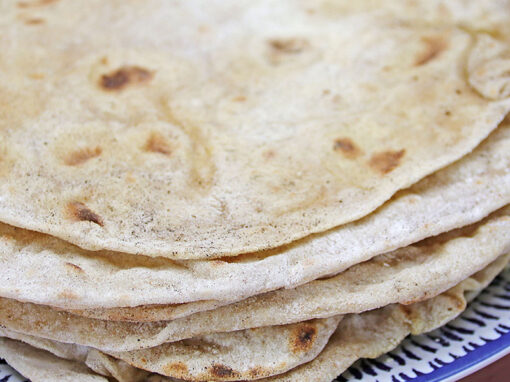
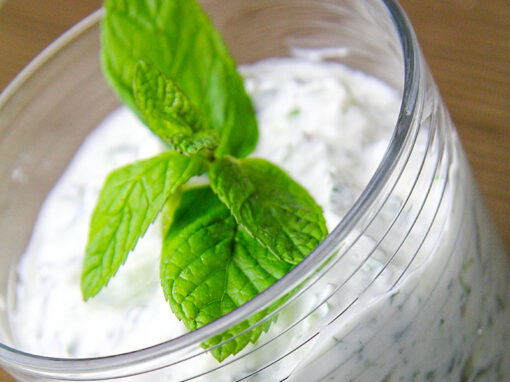
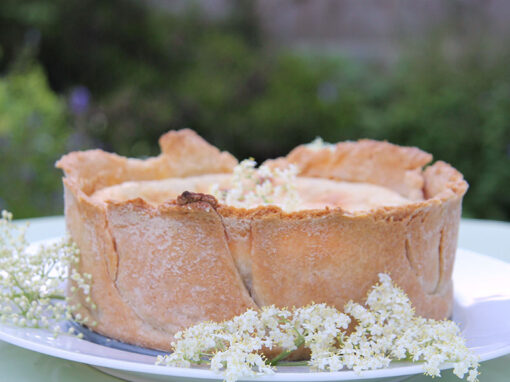
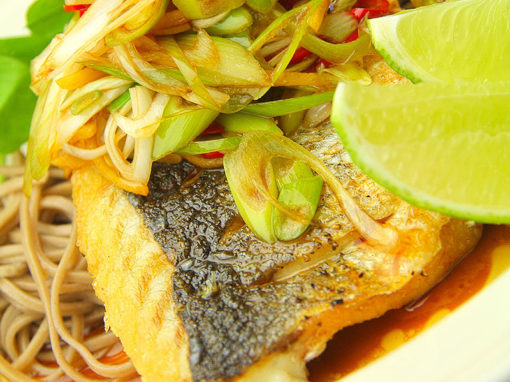
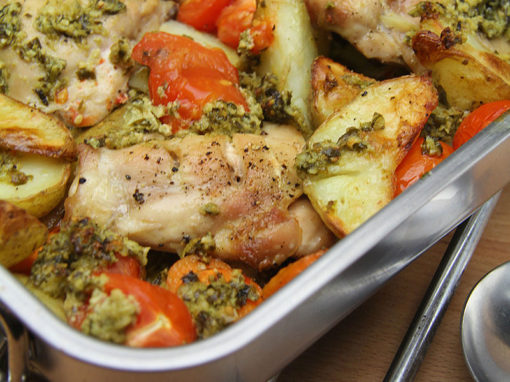
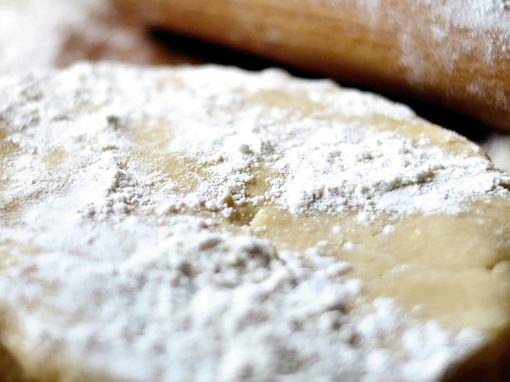

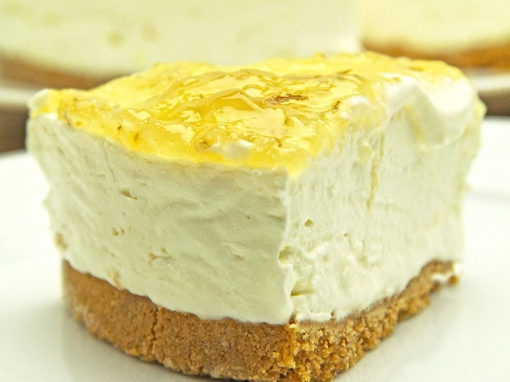
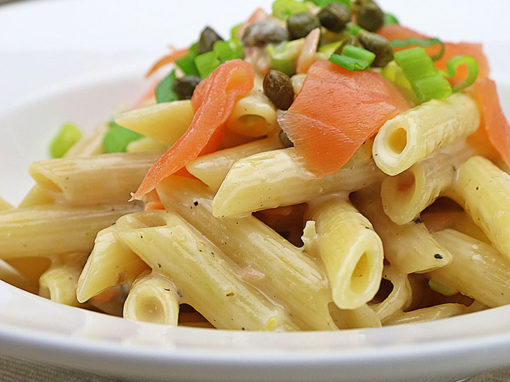
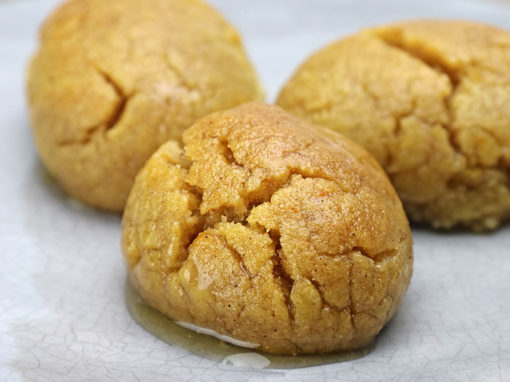
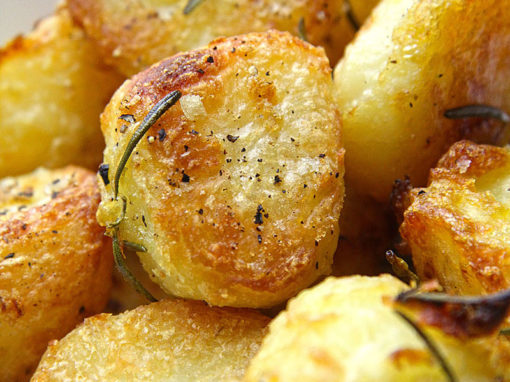
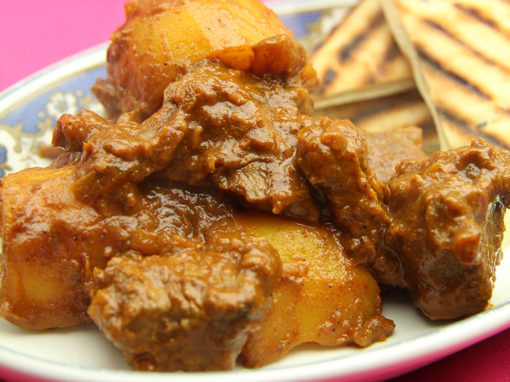
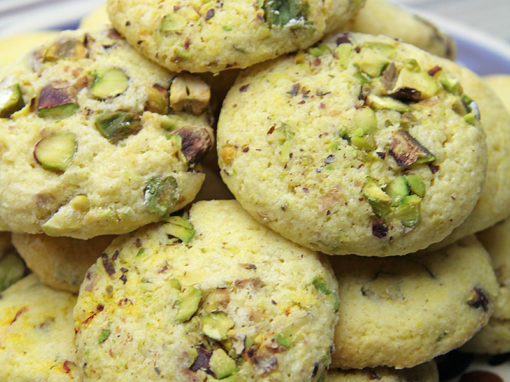
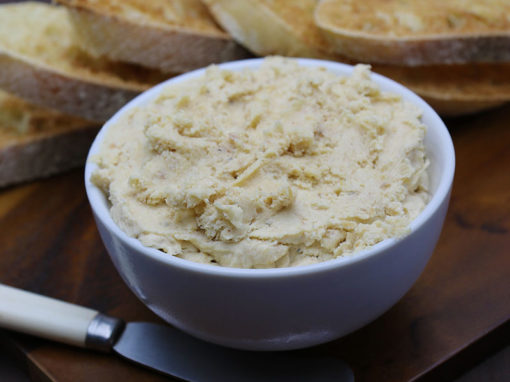
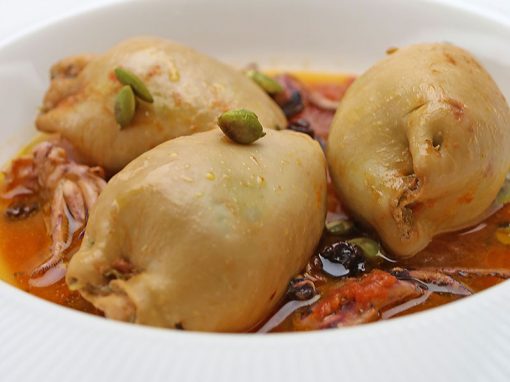
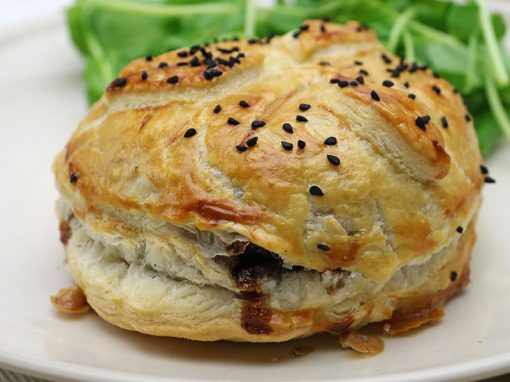
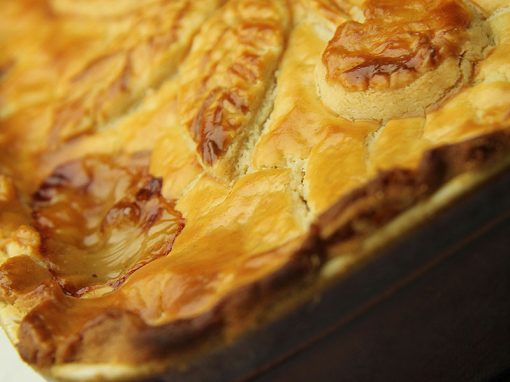
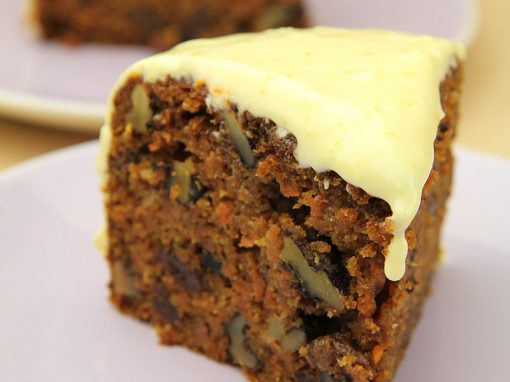
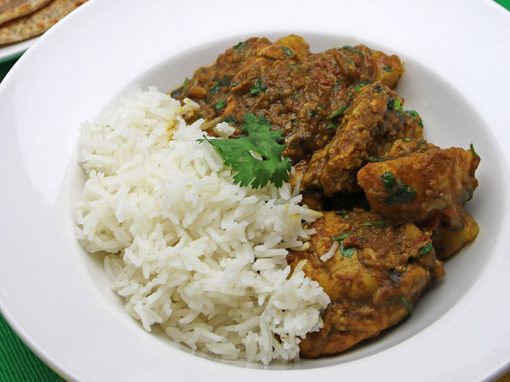
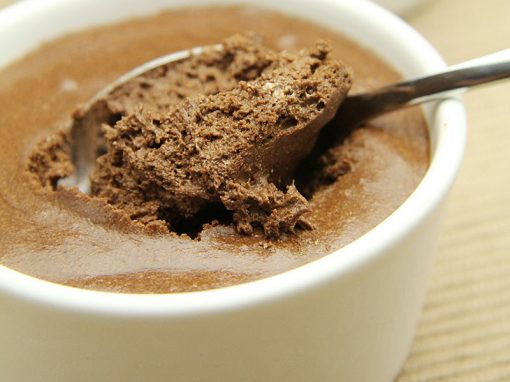
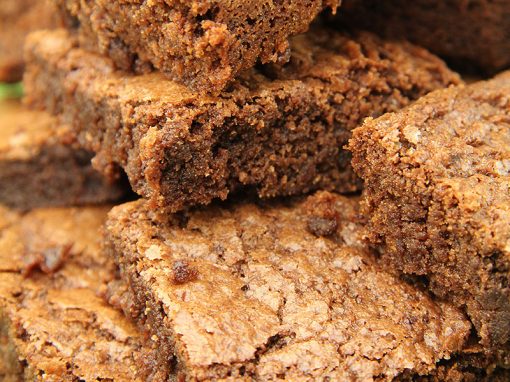
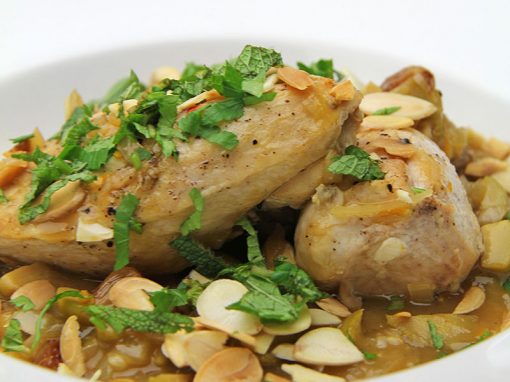
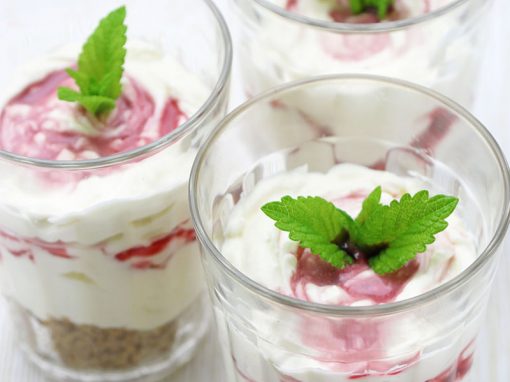
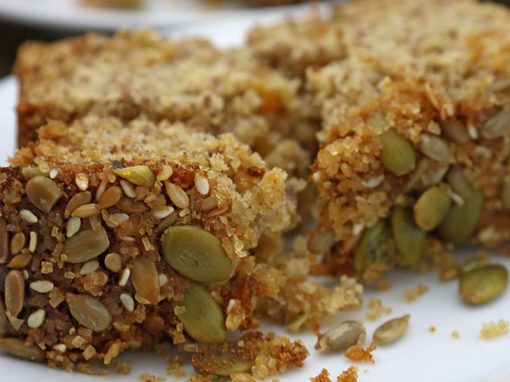
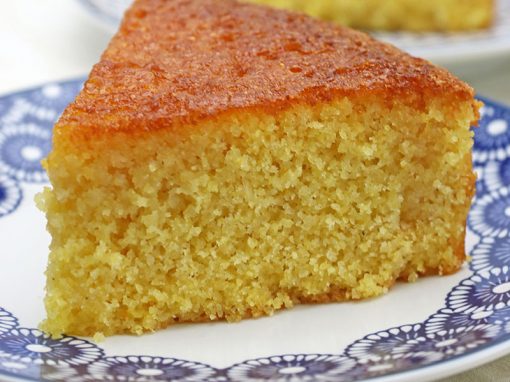
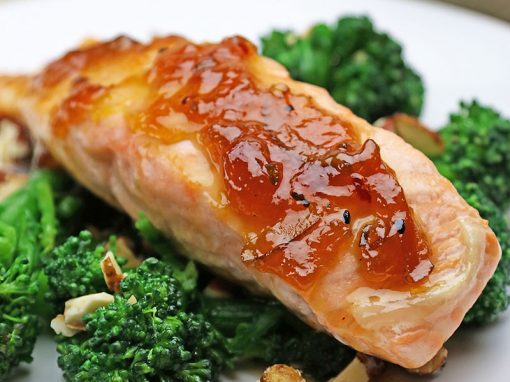
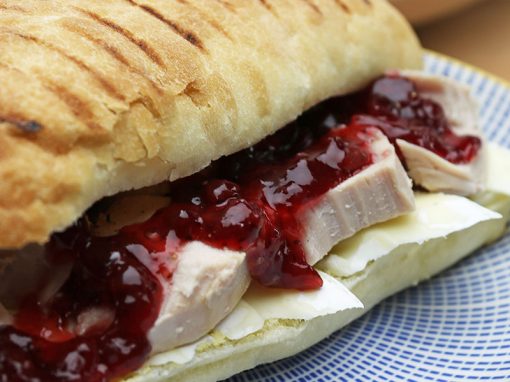
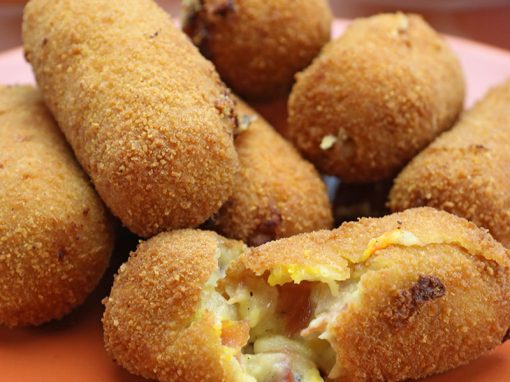
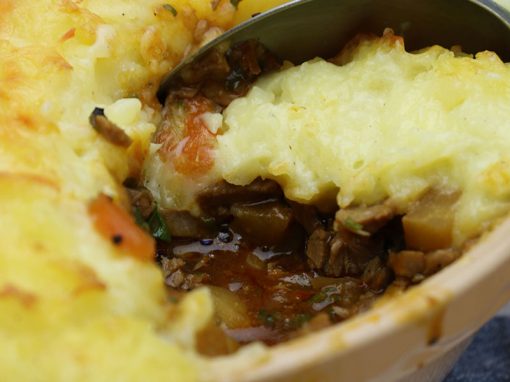
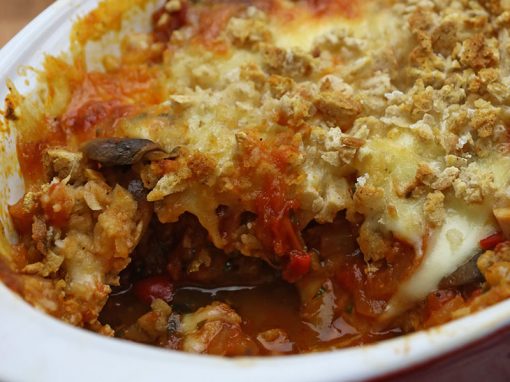
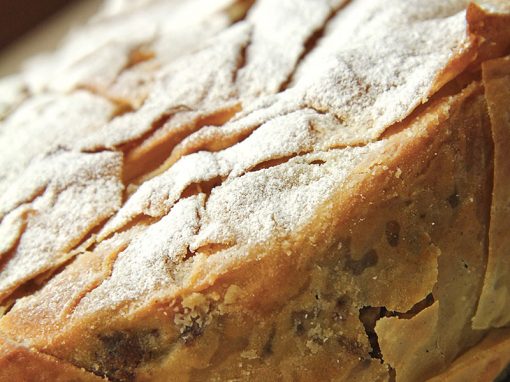
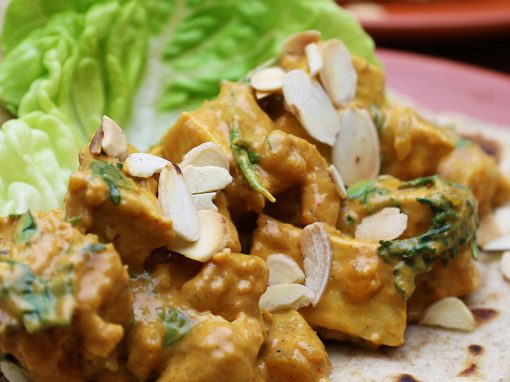
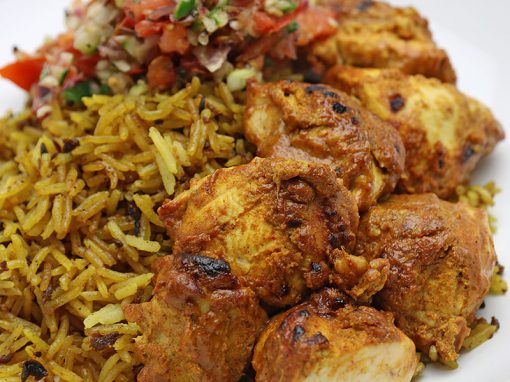
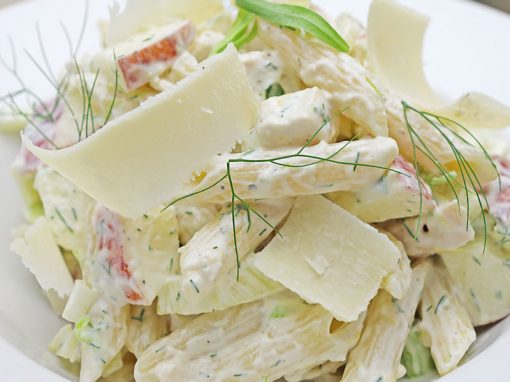
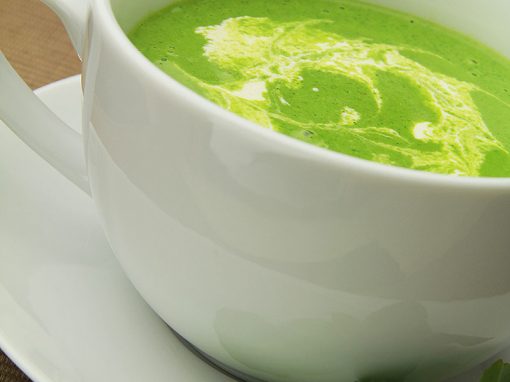
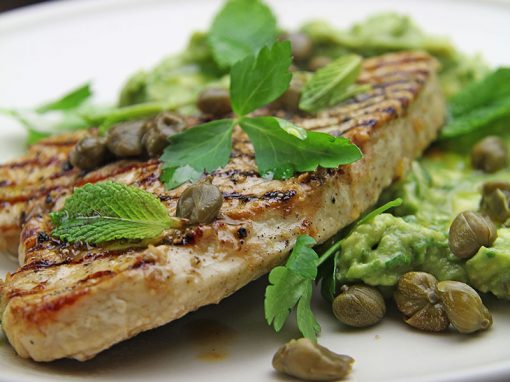

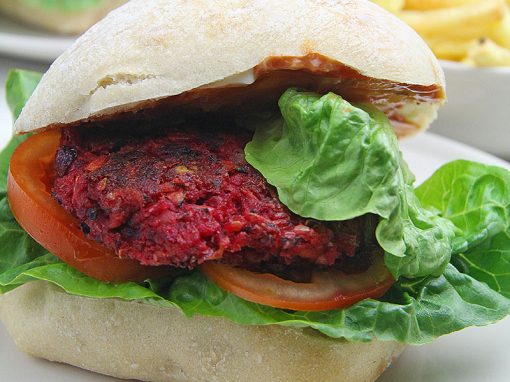
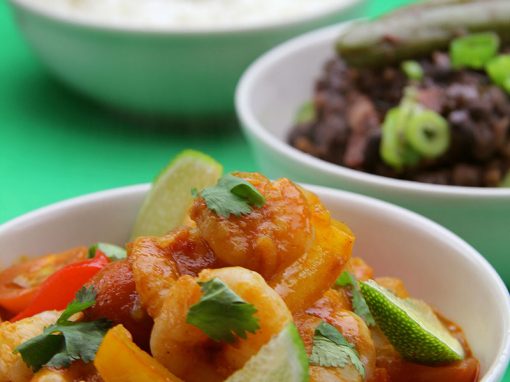
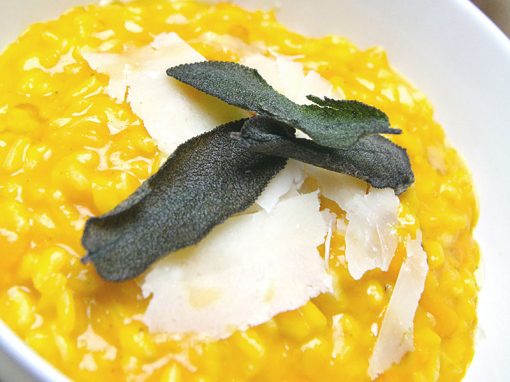
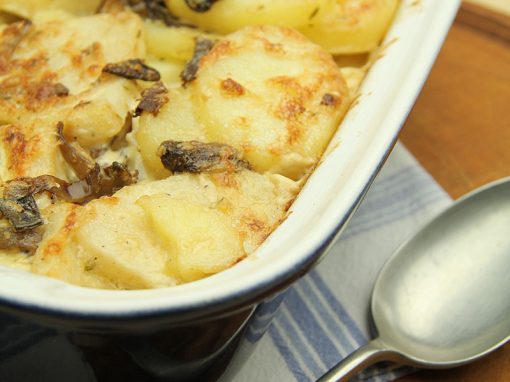
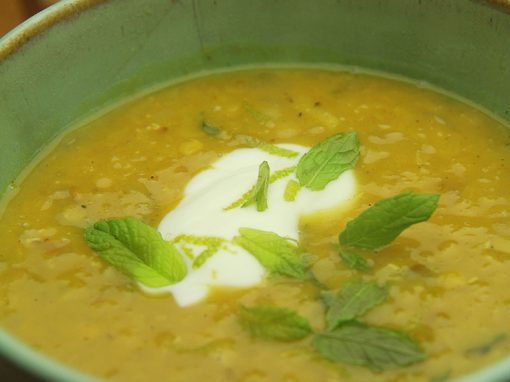
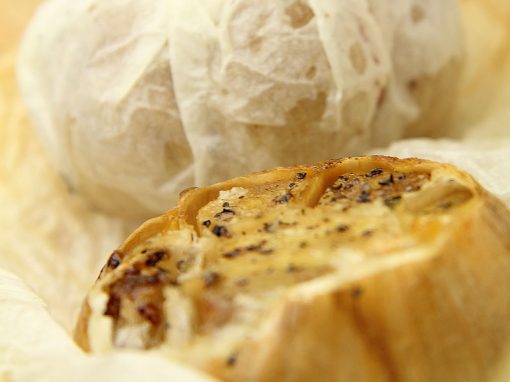
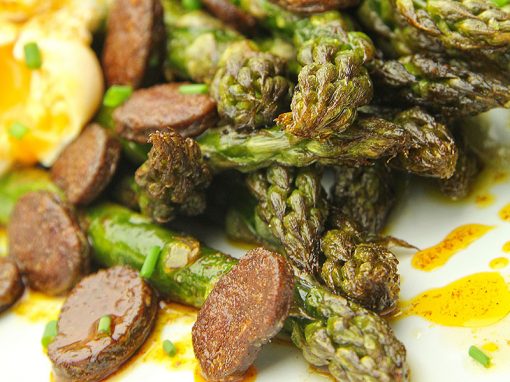
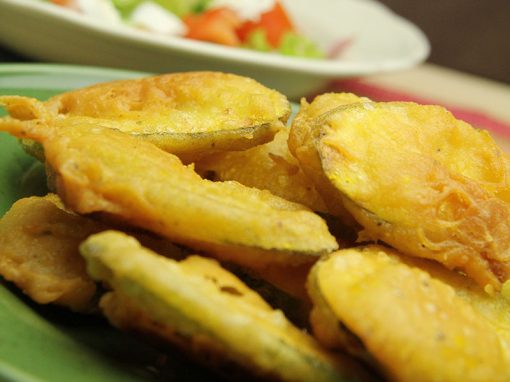
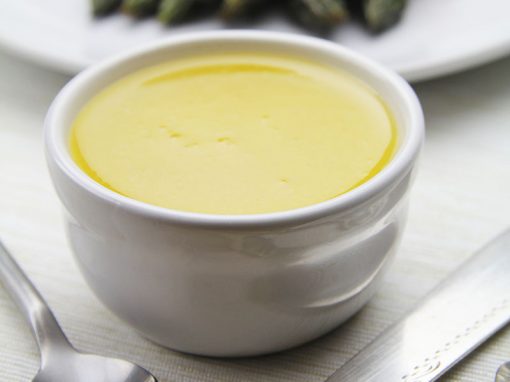
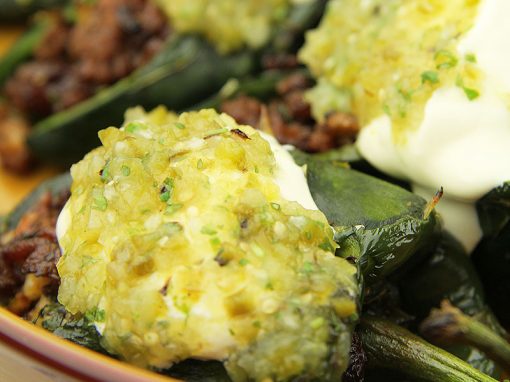
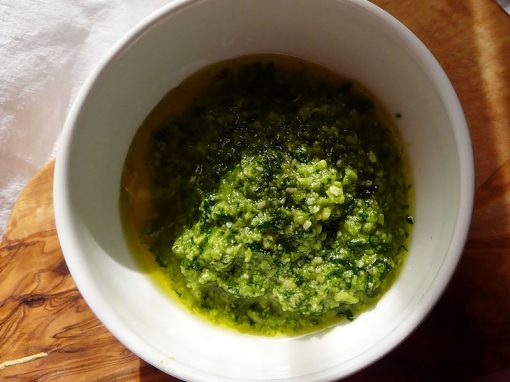
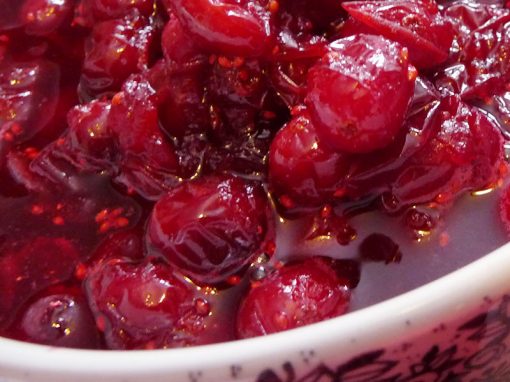
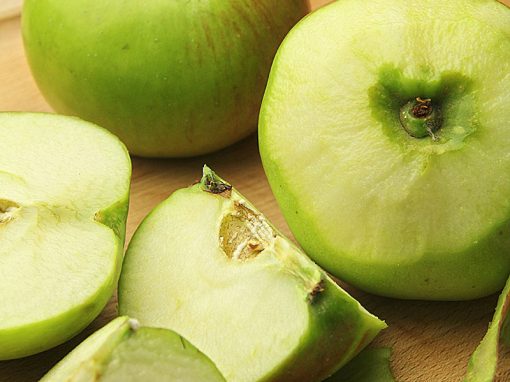
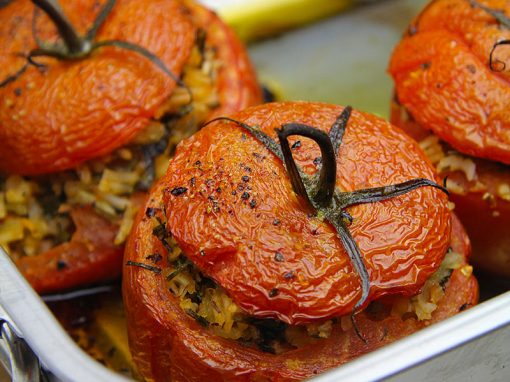
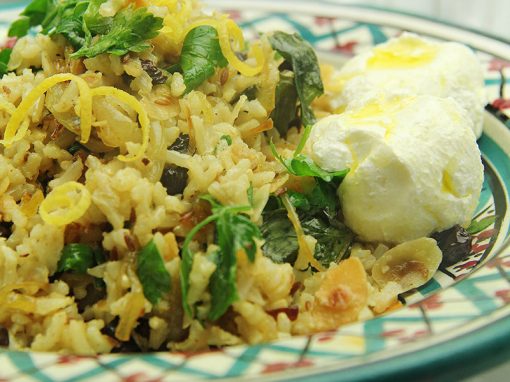
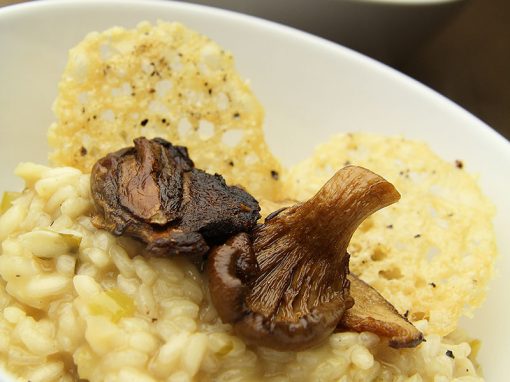
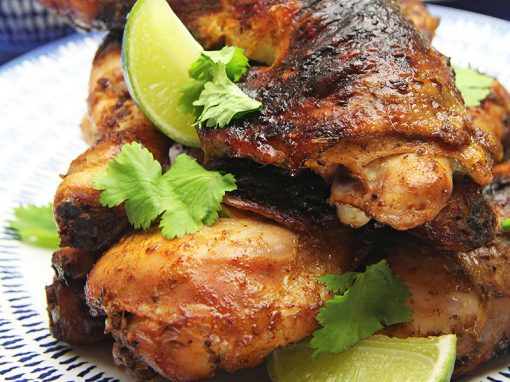
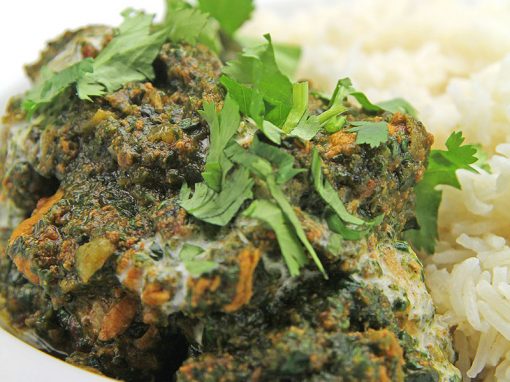
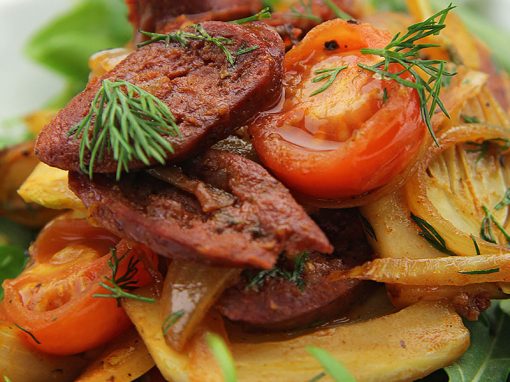
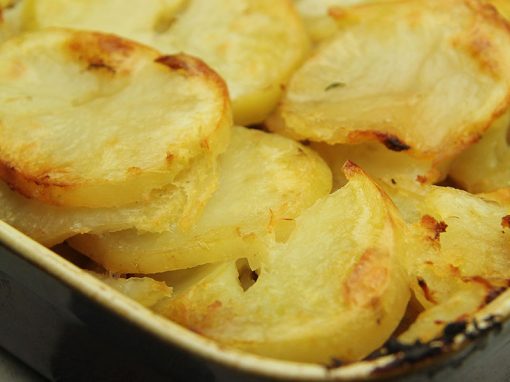
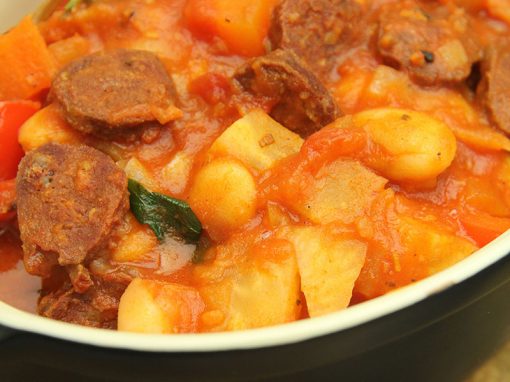
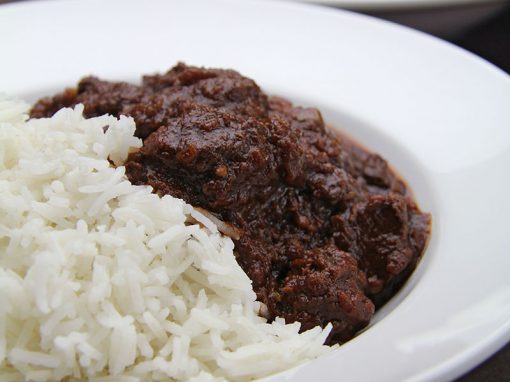
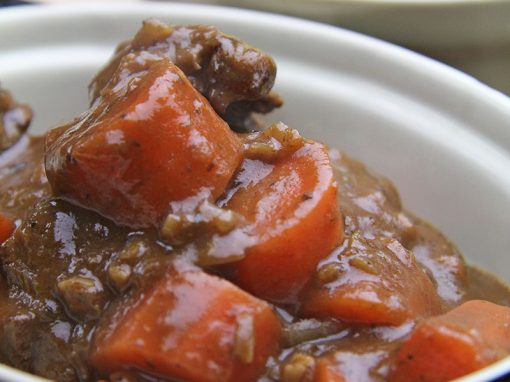
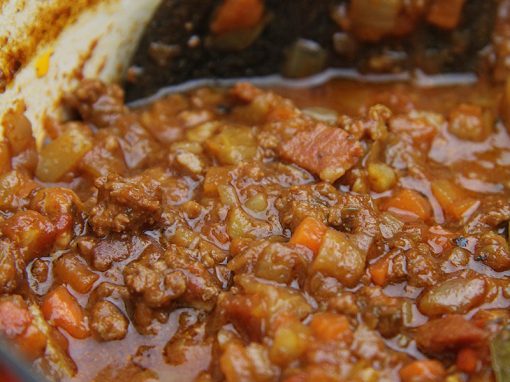
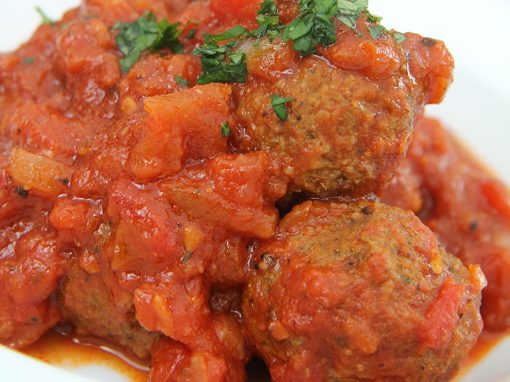
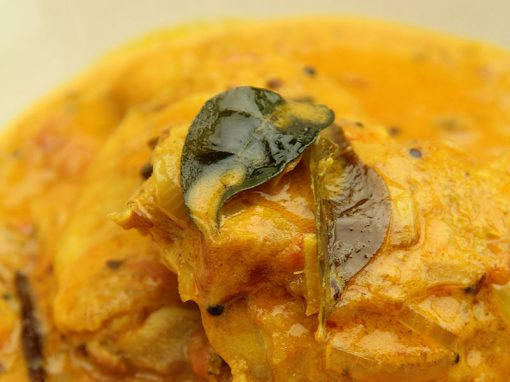
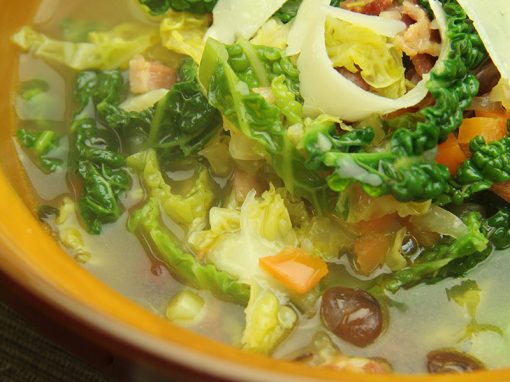
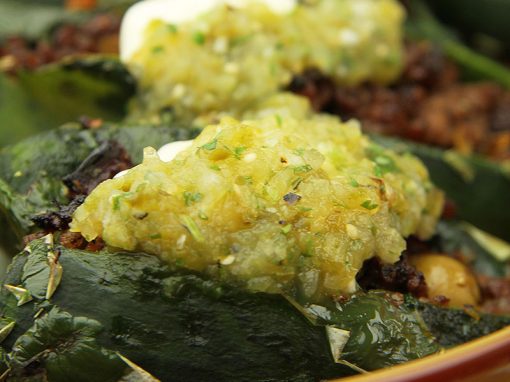
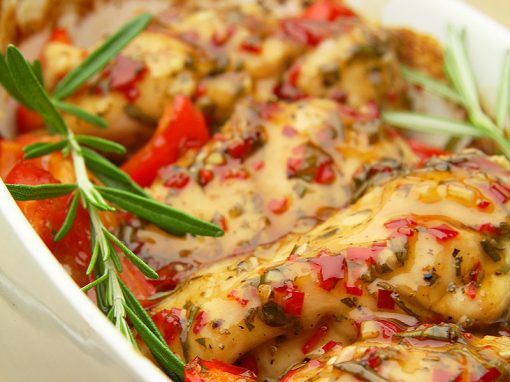
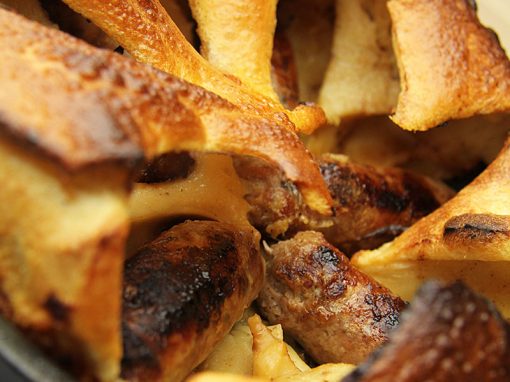
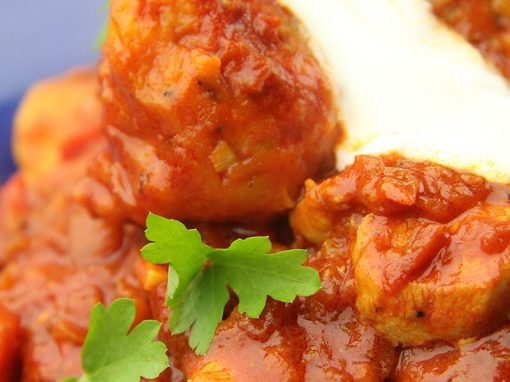
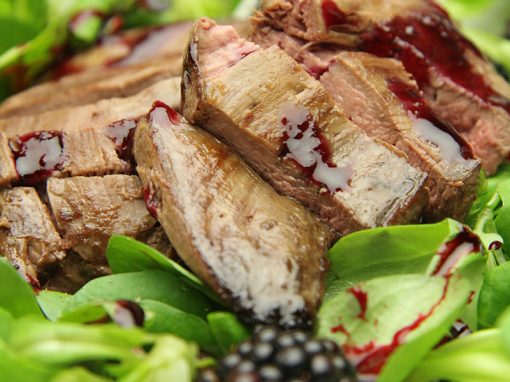
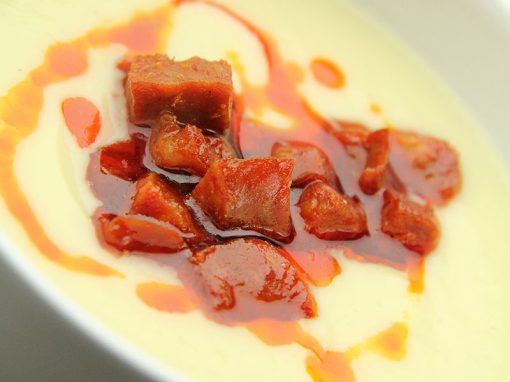
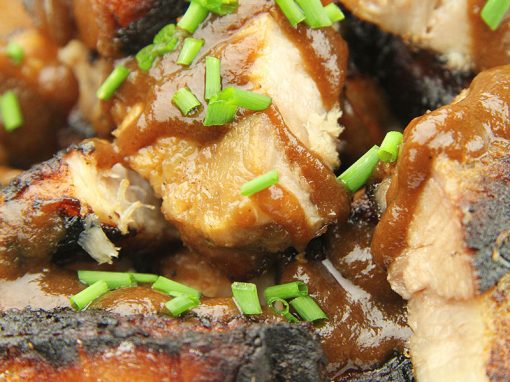
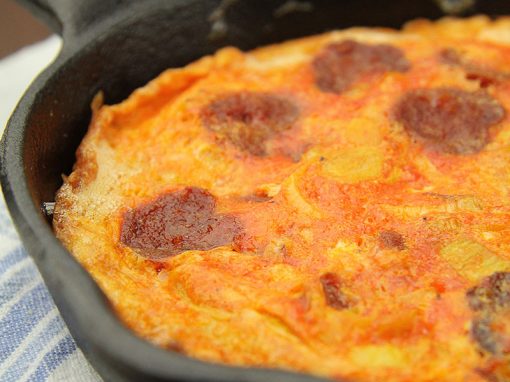
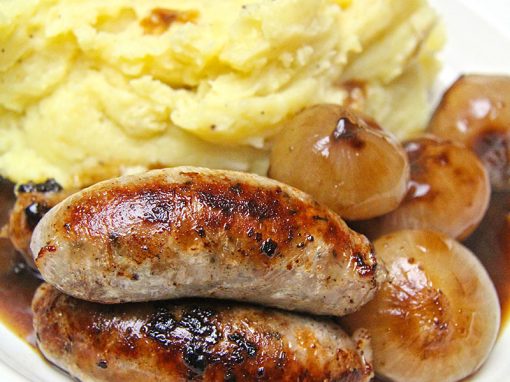
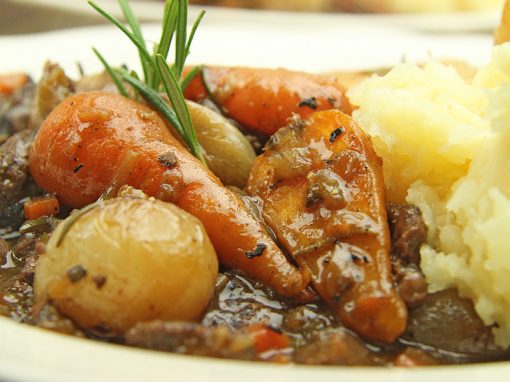
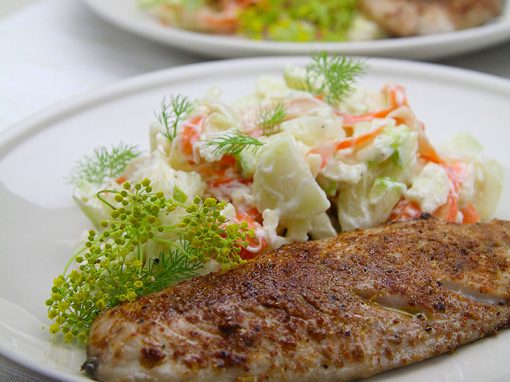
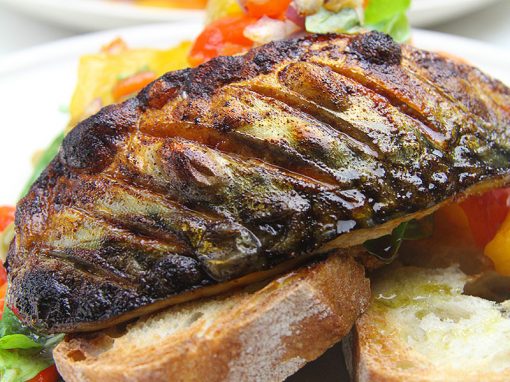
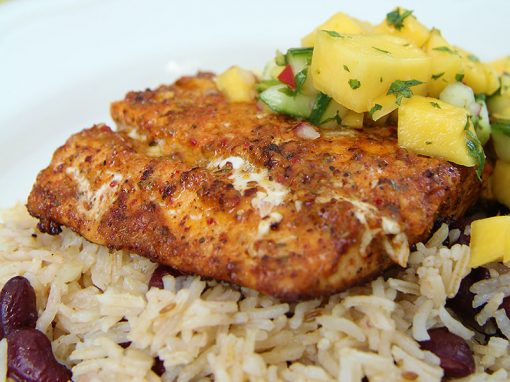
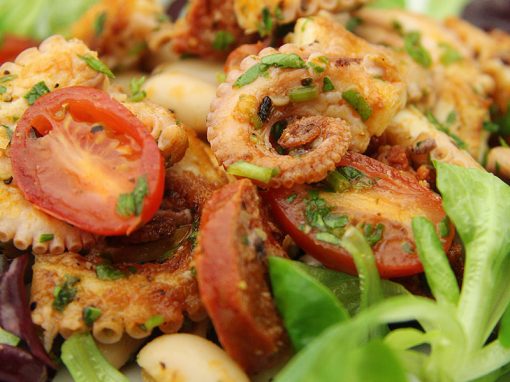
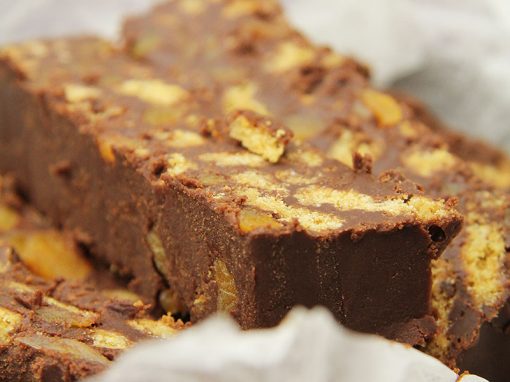
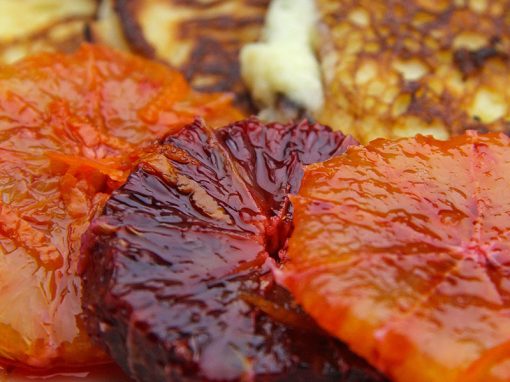
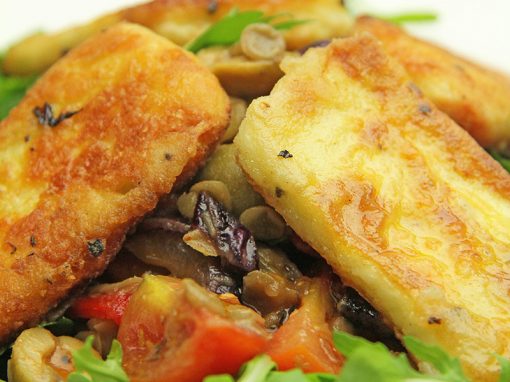
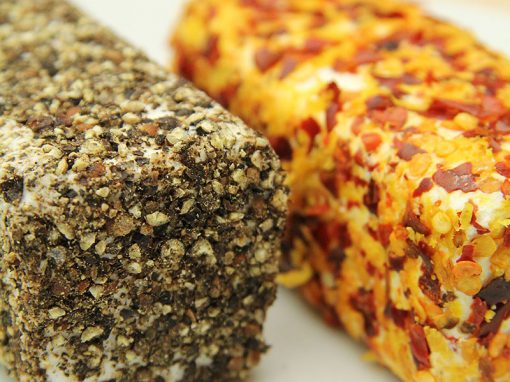
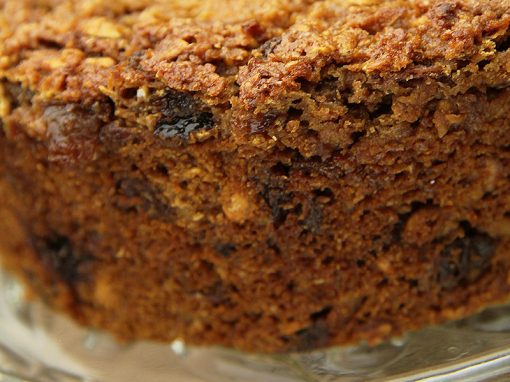
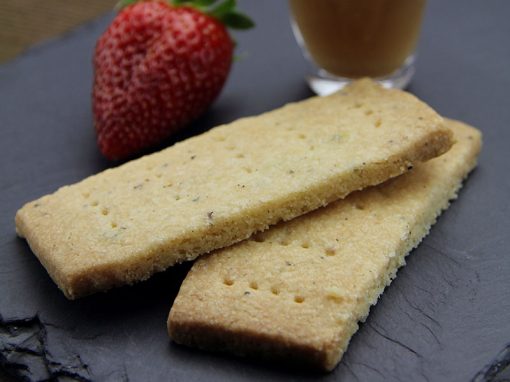
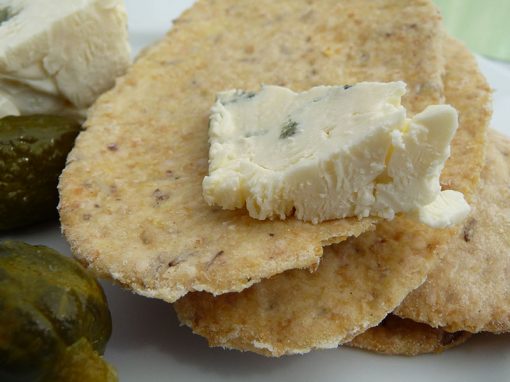
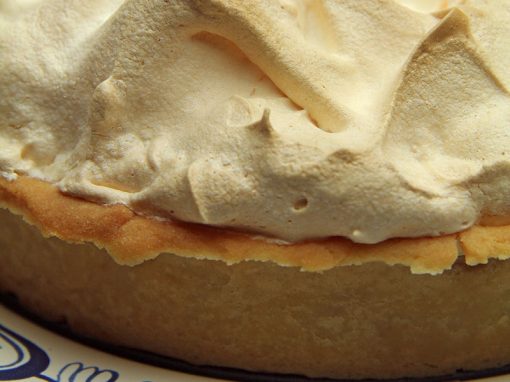
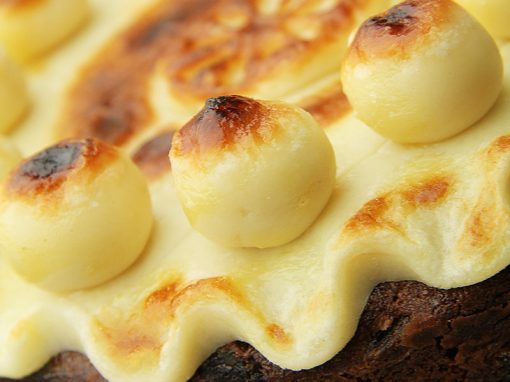
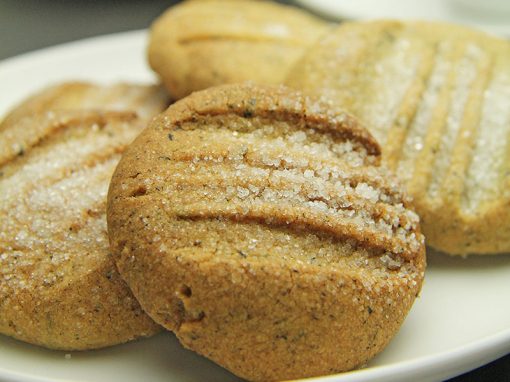
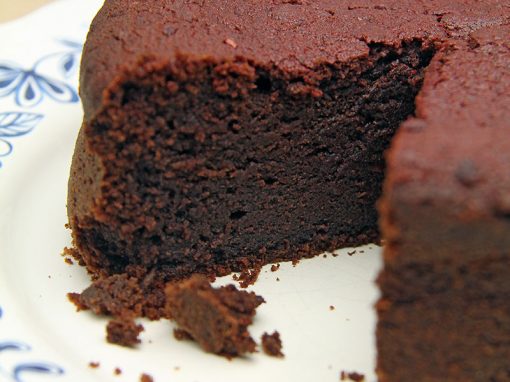
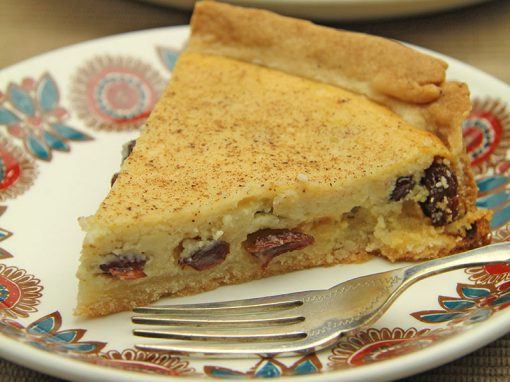
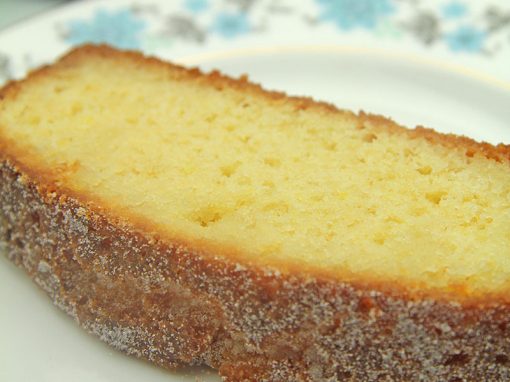
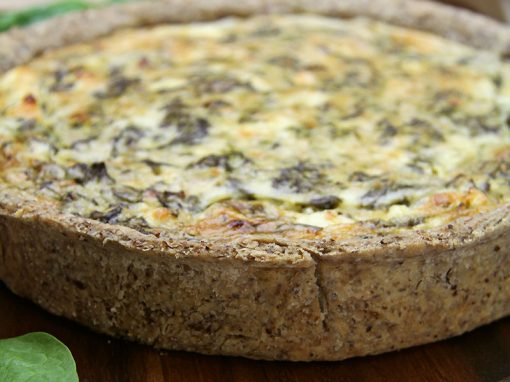
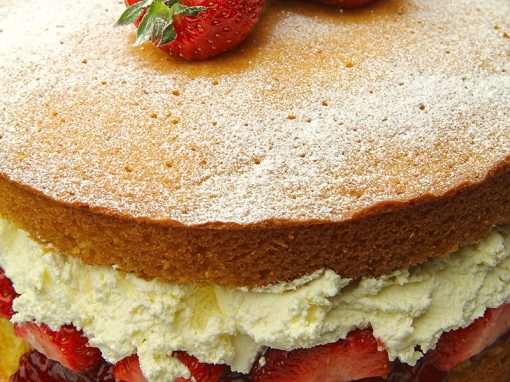
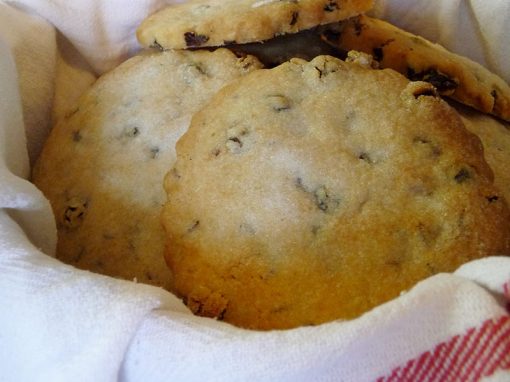
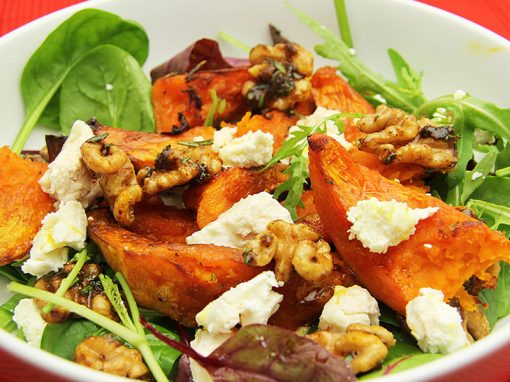
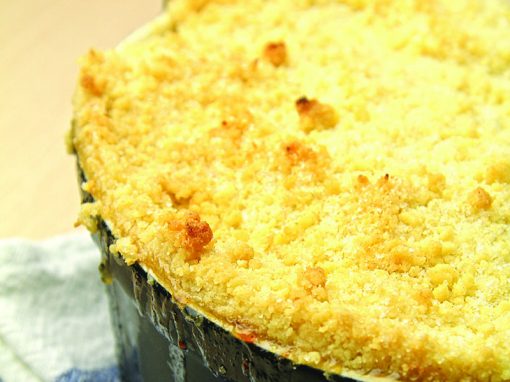
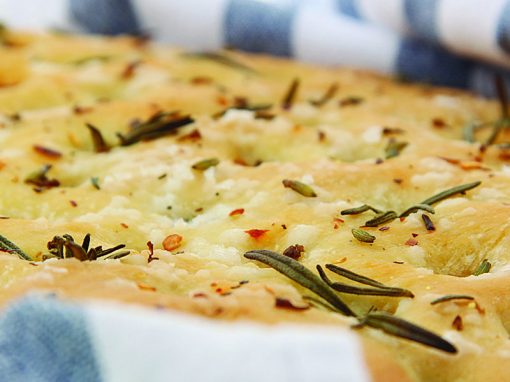
Sign up to receive our newsletter
For the latest producer info, shows, markets, recipes, competitions and more. Please be assured that we don't sell or pass on your information to third parties.
Keep up to date with:
- New and approved producers and produce
- Offers, discounts, competitions and more
- Seasonal produce and great tasting downloadable recipe ideas
- Shows, events and markets
